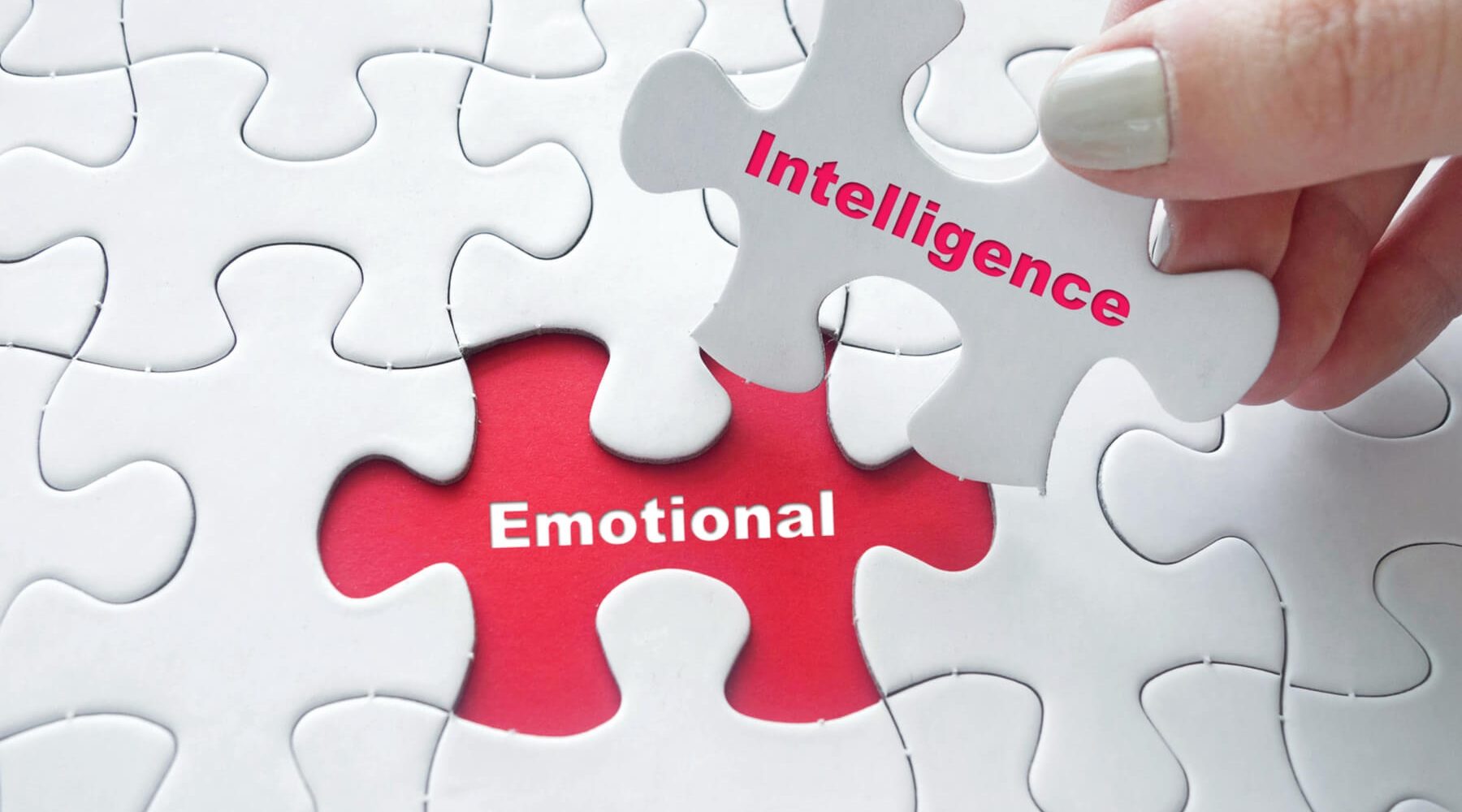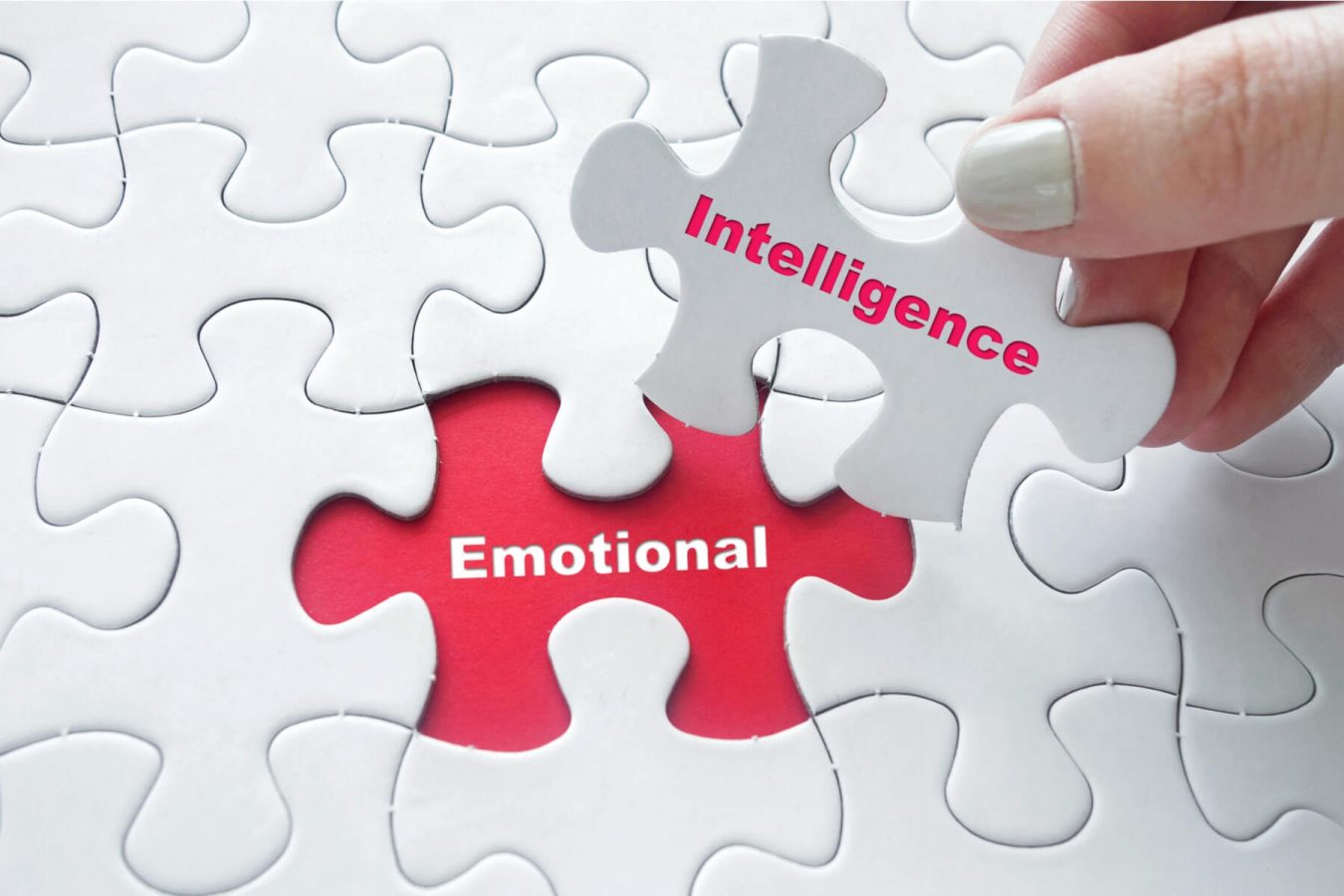
In the third of her series on Emotional Intelligence, Brett Borbely examines the role motivation can play in managing our emotions.
Resilience. Growth mindset. Grit. Drive.
These phrases have become ubiquitous in education today. Incredible thinkers, such as Dr Carol Dweck and Dr Angela Duckworth have dedicated their lives to helping people understand more comprehensively why some push through obstacles and hardship to find growth and success while others plateau or quit in the face of adversity. Because hardship and challenge are universal to all human experiences, the work done by Dr Dweck and Dr Duckworth has shown that it is often how one views the challenge and one’s ‘stick-to-itiveness’ that determines one’s ability to ultimately be successful.
Daniel Goleman wrote, ‘doggedness depends on emotional traits – enthusiasm and persistence in the face of setbacks – above all else’; and Dr Duckworth defines grit as ‘passion and sustained persistence applied toward a long-term achievement, with no particular concern for rewards or recognition along the way’. Therefore, motivation, as the third aspect of emotional intelligence, encourages us to remain internally focused on the goals we personally deem most worthwhile. It is this intrinsic drive that keeps each of us ever advancing, sometimes even if it is only millimetre by millimetre.
Because grit requires passion, a prerequisite that connects with one’s spirit, values and identity, the most motivated individuals are done so intrinsically. In his book, Drive, Daniel Pink outlines the three aspects of developing intrinsic motivation. They are autonomy, mastery and purpose.
Autonomy
Autonomy refers to self-governance or self-agency. Daniel Pink continues in Drive by saying ‘control leads to compliance; autonomy leads to engagement’. Two characteristics are important when building autonomy within a young person. The first trait is that the young person needs to be willing to work independently. This means that young people need to be given opportunities to try, to fail and to try again; to be imperfect; to be bored and to then be creative. The second trait is a requirement of the adults around each young person. Guardians and educators must be willing to give freedom to the young people and children in their care. This means that more choice, age-appropriate independence, and decision-making opportunities must be granted to young people in order for them to invest whole-heartedly in their journey to adulthood.
Young people need to be given opportunities to try, to fail and to try again; to be imperfect; to be bored and to then be creative.
Mastery
Dr Angela Duckworth has spent many years uncovering the cyclical sequence that allows sustained grit to build mastery. She calls this cycle ‘deliberate practice’, which is (1) setting a stretch goal, (2) focusing 100 per cent on the goal, (3) seeking detailed feedback, and then (4) reflecting and refining on that feedback. ‘These four things in combination are what it means to practice like an expert,’ she says.
Therefore, to support students in developing their competencies within their passions, adults must help young people to learn how to be specific with their goals and to revel in the journey, even when faced with adversity or setbacks. Although counterintuitive, this requires allowing young people to be uncomfortable with not knowing the ‘right’ answer immediately, to wrestle with new ideas and concepts, and to move through the sometimes challenging emotional processes when receiving constructive feedback
The ability to stay motivated and disciplined is not often easy, as novelty fades and the work required is often prolonged and demanding. It is because of this that passion and sustained persistence are required characteristics for gritty, motivated people.
Therefore, adults must give young people choice and age-appropriate independence, coach them to develop their skills deliberately and measurably, and help them identify their own personal values so that they can make choices intrinsically and with purpose.
The last instalment of The Five Aspects of Emotional Intelligence will deconstruct the last two elements: empathy and social management. Motivation is the bridge between self-awareness/self-regulation and empathy/social management; therefore, it is the bridge between self and others. Abraham Lincoln once said, ‘Discipline is choosing between what you want now and what you want most’. Due to the human need for connection, most people want positive and healthy relationships in their lives. However, because these types of relationships take time, energy and compromise, motivation is required to seek and sustain these soul-filling relationships. Thus, motivation is the link that draws focus away from self and leads to empathy, the next EI element. So, in the end, motivation doubly rewards individuals; firstly, with helping people to advance their own personal goals and desires, and secondly, with supporting them to invest in others so that their relationships and connections may flourish, as well.
Other articles in the series
Why Emotional Intelligence Matters, and how we can develop it in our children
The Five Aspects of Emotional Intelligence: Self-awareness and Self-regulation
The Five Aspects of Emotional Intelligence: Empathy and Social Management
Like this post? Please share using the buttons on this page.
Resources
Duckworth, A. (2017). Grit: Why passion and resilience are the secrets to success. London: Penguin Random House UK.
Dweck, C. S. (2006). Mindset: The new psychology of success. New York: Random House.
Goleman, D. (1995). Emotional intelligence: Why it can matter more than IQ. New York: Bantam Books.
Pink, D. H. (2009). Drive: The surprising truth about what motivates us.

About the author
Brett Borbely is Director of Student Wellbeing at Ivanhoe Girls’ Grammar School.
This article first appeared on the school’s website. You can read the original here.
We thank Brett and the school for allowing us to share this series on The Parents Website.

